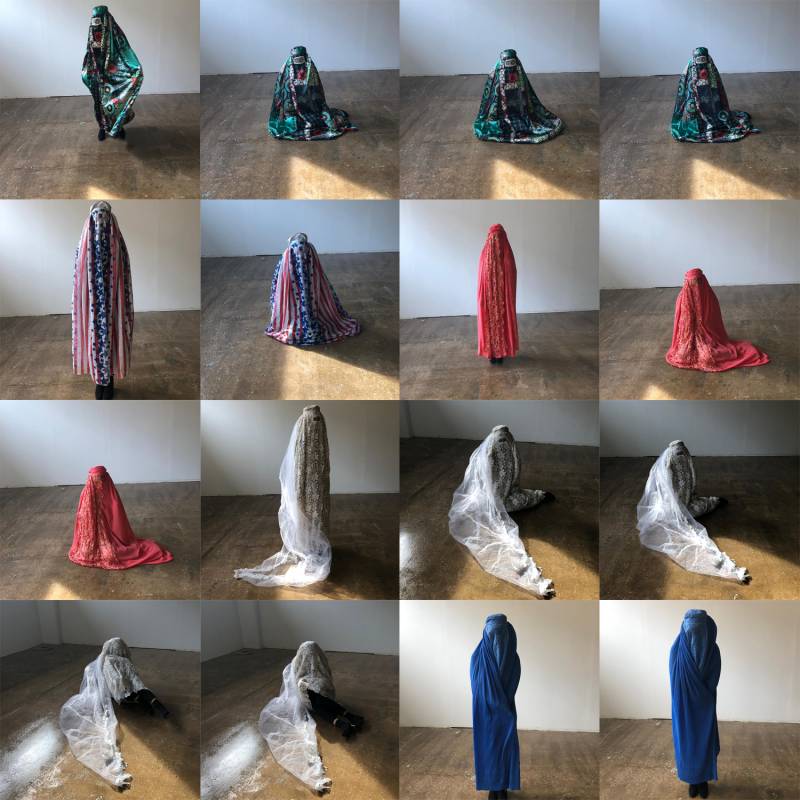
The first wave of feminism ignited in the 19th century. Two centuries later, we, women are still screeching the obvious: OUR BODIES, OUR RULES! Could this modern mad world be that oblivious to such a discernible reality?
While contemporary pop culture constantly bombards us with the triumph of feminism, like multiple windows opening on our computer screens, we, modern women, still haven't unlocked the code of dressing and maneuvering our bodies in public and in private without being confined into two predisposed overtly simplistic categories we haven't registered for; the “promiscuous women’’ and the “wife material’’.
We are degraded and objectified when we dress our bodies in provocative ways and when we celebrate our sexuality. We ignite wars with the mere prospect of criticizing or questioning religious or social concerns that address the female body. We are felt sorry for, coined with an acute need to “liberate” us whenever we repress our sexuality by covering our entire bodies. We find ourselves perpetually confused; how could our bodies be this offensive?
In “Freedom Fighters”, Jabre Jureidini questions the Burqa and the Hijab without the need to confine women into categories, whether their choice falls in line with hers or is drastically different from it. She investigates the Burqa as a symbolic and graphic representation of a façade. She experiments with this shield by taking a walk in these women’s shoes and questions whether religious signs have risen exponentially to fill the empty gaps in people’s confused identities. She questions whether false interpretations and prejudice against Islamic doctrines have been highly manipulated through the Burqa as a visual choice. Her artworks highlight possible repercussions of these manipulations that dominate our current political and social arena.
Her perspective stems from curiosity, not judgement, a desire, not sympathy, which allows for a more nuanced approach to this complex phenomenon. Let us save our sympathy to women who have no access to education and health care, to women who are forced to follow a certain protocol in dressing their own bodies. Pity and sympathy are not to be felt for a woman whose rationality led her to dress her body the way she pleases; fully covered or fully erotic is irrelevant.
It is time for us to realise that modernity and liberation do not follow a trajectory that is strictly confined to the amount of flesh we decide to manifest. A veracious modernity understands that liberation encompasses all choices regardless of our understanding of the reason behind those choices. This exhibition is a reminder to all of us that the only fair label to a woman is “woman”.
Racha Itani
Curator